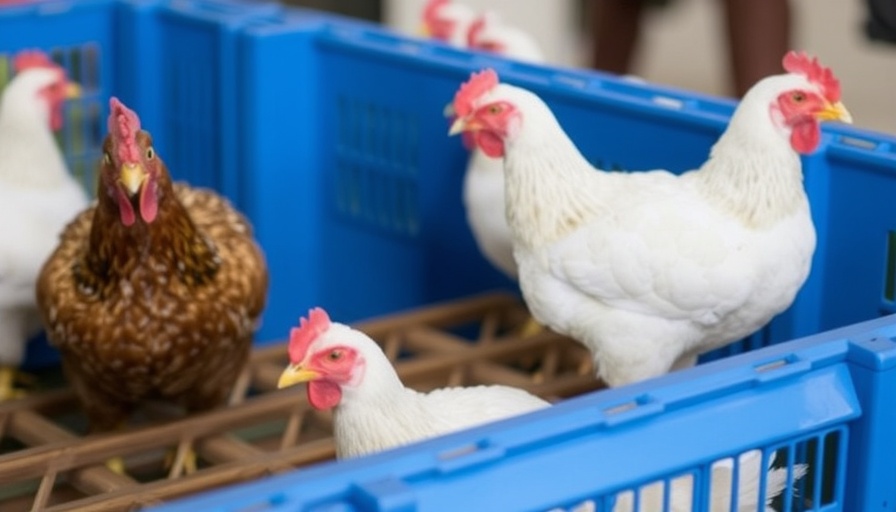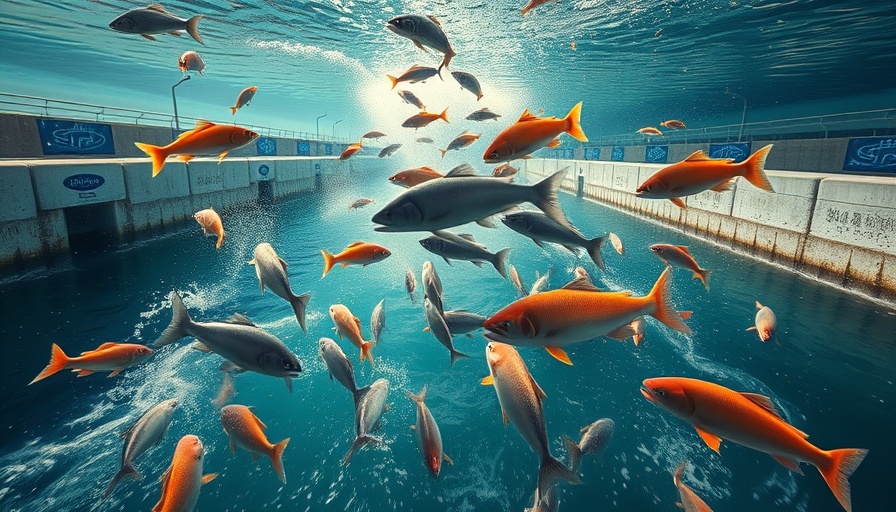
Understanding the Proposed Changes in Poultry Handling Regulations
As the UK poultry industry gears up for potential changes in handling practices, the Department for Environment, Food and Rural Affairs (Defra) has initiated consultations to amend legislation surrounding poultry catching methods. Currently, the guidelines prohibit lifting or dragging birds by their legs in line with European Regulation 1/2005, which aims to prevent unnecessary suffering among animals. The proposed changes, however, suggest a shift that could impact both bird welfare and industry practices.
What are the Key Changes?
Defra’s proposal seeks to clarify that handlers can legally catch chickens by both legs, aligning UK practices with welfare guidance already established. This change would explicitly authorize this method while disallowing the catching of chickens by a single leg. Proponents argue that the amendment will enhance productivity within the poultry sector, allowing for more streamlined operations during the loading and unloading processes.
The Conflict with EU Regulations
The changes may create a discord between UK practices and EU standards. Under current EU regulations, the catching of poultry by the legs remains prohibited. This discrepancy raises questions about trade relations and adherence to regional standards, given that poultry handlers may find themselves in a legally grey area when dealing with European partners.
The Importance of Research and Evidence-Based Practices
To bolster the effectiveness and welfare of the proposed methods, Defra plans to commission research focusing on the welfare and logistics involved in various catching approaches. This scientific investigation will not only assess the efficiency of capturing chickens but will also lay the groundwork for potential adjustments in future legislation related to bird welfare practices across the UK.
Final Thoughts: A Step Forward for Poultry Welfare?
The proposed changes come on the heels of recommendations by the Animal Welfare Committee, which underscore the need for humane handling practices. While industry leaders are optimistic about the potential for increased efficiency and compliance, it's crucial to ensure that animal welfare considerations remain at the forefront of any new legislation. The ongoing dialogue between government bodies and industry stakeholders will play a vital role in shaping the future of poultry handling standards in the UK.
 Add Row
Add Row  Add Element
Add Element 



 Add Row
Add Row  Add
Add 
Write A Comment